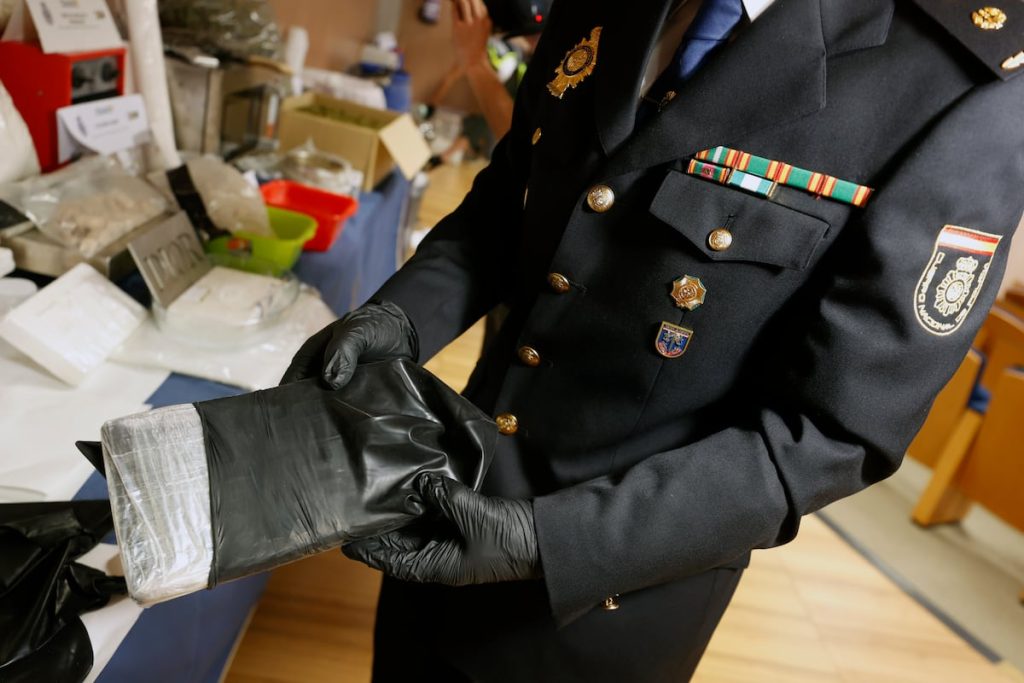The Spanish National Police have announced the arrest of six alleged members of the Farruku clan, a group of Albanian origin linked to the Balkan cartel and considered one of the most active in global drug trafficking. The arrests took place in Barcelona and Cambrils (Tarragona), where the suspects had set up a drug laboratory capable of processing 400 kilograms of cocaine in a few days. This is the fifth major drug laboratory dismantled by the Spanish National Police this year, but the first involving cocaine. The Farruku clan has been present in Spain since 2008, initially engaging in home robberies before transitioning to marijuana cultivation and trafficking.
The Farruku clan has increasingly become involved in cocaine trafficking, displacing Colombian and Mexican organizations in Europe. The arrested individuals were not leaders of the clan but were responsible for overseeing the drug laboratory. Alongside them, two cooks from Colombia were also arrested. The clan is known for its logistical capacity to distribute drugs worldwide and has connections with Colombian narcotraffickers who provide them with specialized labor for setting up drug laboratories. One alleged leader, Kreshnik Budilla, managed to escape a police operation in 2019 that led to the arrest of several clan members involved in the smuggling of large amounts of cocaine and hashish.
The operation, dubbed “Operation Korab”, began in April when the National Police received information indicating that two Farruku clan members were establishing a cocaine extraction laboratory in the Barcelona province. The suspects were observed storing solvent containers, necessary for extracting drugs dissolved in other materials, in storage units. They were also seen transferring boxes and bags to a rural property near Cambrils. The police noted an increase in security measures and covert meetings among the suspects, signaling the laboratory’s imminent operation. On May 14th, the police raided the property and arrested four individuals while seizing cocaine processing equipment and chemicals.
At the time of the arrest, the group had already processed 25 kilograms of cocaine and was in the process of extracting an additional 70 kilograms using various methods. The agents estimated that the laboratory was capable of producing between 400 and 600 kilograms of cocaine. In addition to the drug processing equipment, 6,000 liters of chemicals were seized, posing potential environmental hazards. The other four clan members were arrested in Barcelona, where 52 kilograms of marijuana buds were found. The proceeds from the marijuana sales were likely funding the operation of the large drug laboratory.
The Farruku clan’s criminal activities continue to escalate in Spain, with their involvement in cocaine trafficking marking a significant shift in their operations. The collaboration with Colombian narcotraffickers and the utilization of specialized labor from South America demonstrate the clan’s international connections in the drug trade. The dismantling of the cocaine laboratory in Barcelona and Cambrils represents a significant blow to the clan’s operations, but their longstanding presence in Spain and connections in the global drug market indicate a persistent threat that law enforcement authorities will need to address through ongoing investigations and operations.


